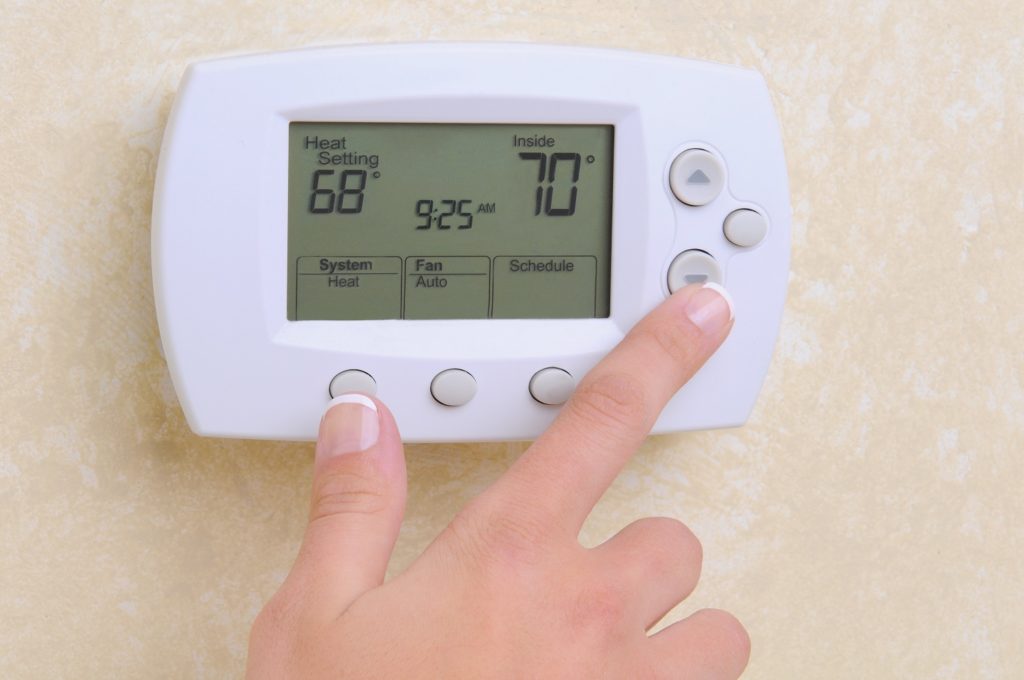If we sleep an average of 8 hours a day, we are then sleeping about one-third of our life. So, if we were to live to 75 years of age, we would be sleeping for a total of 25 years. That said, how much do we really know about sleep? I did some investigating and discovered 9 interesting facts about sleep and how they can bring awareness to your current experience and improve the quality of your sleep.
Did you know?
1) There is a term called “sleep hygiene” which is a set of practices that we should all do to ensure a good night’s sleep. These include avoiding caffeine and other stimulants close to our bedtime, as well as rich and fatty foods as late-night snacks.
Winding down our day an hour before bedtime with a warm bath, restorative yoga or light reading helps us transition from a busy day and evening to sleep time.
2) After a good night’s sleep, we retain and process information much easier. Our memory is sharper and tasks can be completed quickly and efficiently.
3) There is no such thing as catching up on lost sleep. The only thing that we can do when we have not been sleeping sufficiently is to have several consecutive nights of restorative sleep so that our mind and body can rebalance.
4) Melatonin is a naturally occurring hormone in our body that signals sleep time. Using devices with light-emitting screens up to bedtime disrupts the production of melatonin, and will affect the quality of our sleep. Shutting down all devices and using low lights in our bedroom will help regulate this hormone and bring on sleep much quicker.
5) Parents are known to lose anywhere between 400 and 700 hours of sleep in their baby’s first year. New parents are better served to take time to sleep while their baby sleeps, or at least, have helped so that they have some restorative time.
6) Insomnia can cause impairment similar to driving under the influence of drugs or alcohol. Never underestimate the value of a good night’s sleep!
7) Poor sleep habits can interfere with our health and have an impact on weight, blood pressure, blood glucose levels as well as proper recovery after injury or stressful times.
8) Research has found a link between body temperature and the brain’s sleep cycle. When keeping our bedrooms at a low 20 degrees Celsius (78 degrees Fahrenheit) while we sleep, helps us get to sleep faster and stay asleep longer.

9) If you snore, you could be suffering from sleep apnea which is a sleep disorder where you stop breathing repeatedly throughout the night. When the muscles in the back of the throat are very lax, they can drop into the breathing tube and inhibit proper breathing which causes you to constantly wake up.
If you wake up feeling more tired than when you went to bed after 8 hours of sleep, you could be suffering from sleep apnea. Long-term effects of ignored symptoms can cause multiple health issues. Seeking medical advice to establish a treatment plan would be essential.
I have suffered from insomnia occasionally but now I have learned that it is all in my control when I review my sleep habits and my sleep hygiene practices. Insomnia and other sleep disorders affect not only me or you but all those in our lives, our work-life and our play time.
Gerry, Your Sleep Expert

